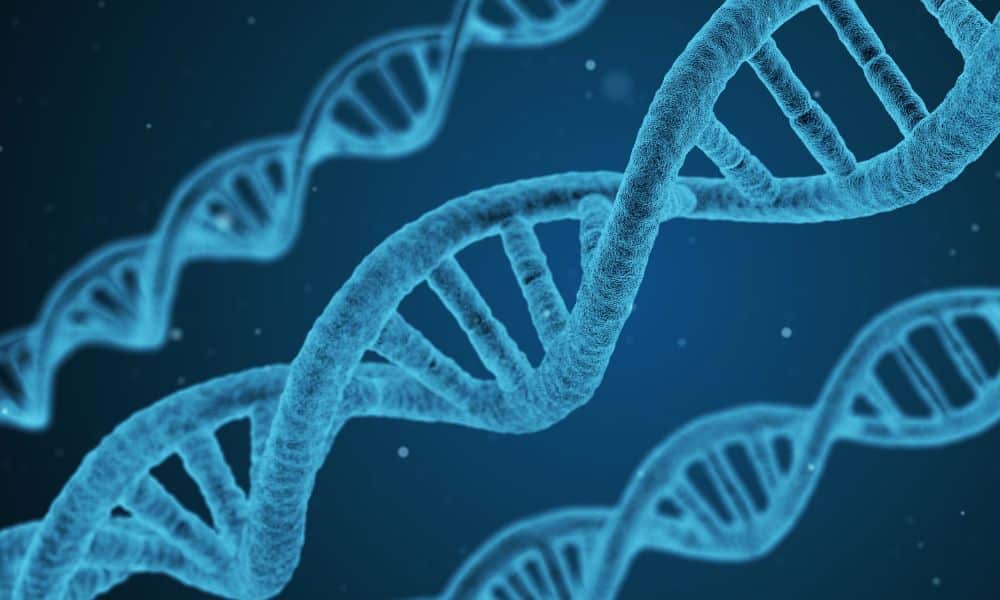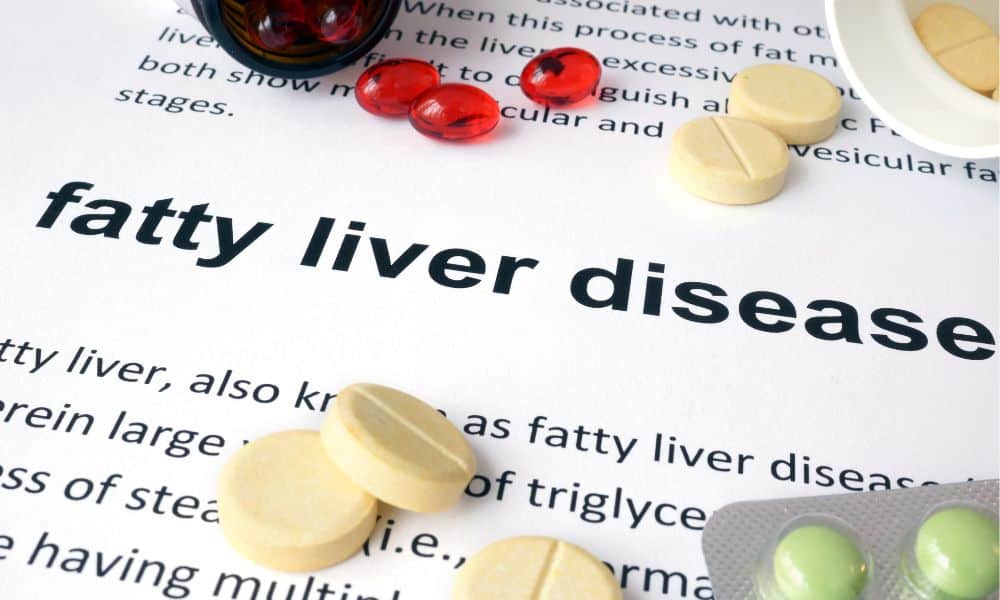The Importance of Finding a Balance for Effective Weight Loss
In the pursuit of weight loss, it’s easy to get caught up in the allure of quick-fix solutions and extreme dieting methods. However, the path to sustainable and healthy weight loss is often more nuanced than it appears. Striking a balance between healthy eating and extreme dieting is crucial for achieving long-term success in your weight loss journey.
While the desire to shed those extra pounds quickly can be tempting, resorting to extreme measures can often do more harm than good. Extreme dieting, characterized by severe calorie restriction, fat burner or the elimination of entire food groups, can lead to a host of health issues, including nutrient deficiencies, metabolic slowdown, and even long-term psychological consequences. On the other hand, embracing a balanced approach to healthy eating can provide the necessary nourishment for your body, support your weight loss goals, and promote overall well-being.
In this article, we will explore the nuances of healthy eating and the potential dangers of extreme dieting, empowering you to find the right balance for effective and sustainable weight loss. By understanding the importance of finding this equilibrium, you’ll be equipped to make informed decisions that prioritize your health and well-being while still achieving your weight loss objectives. So, let’s dive in and discover the path to lasting weight loss success through a balanced approach to nutrition and lifestyle.
Understanding Healthy Eating and its Benefits
At the heart of healthy eating lies the principle of nourishing your body with a variety of whole, nutrient-dense foods. This approach to nutrition is founded on the understanding that our bodies require a delicate balance of macronutrients (carbohydrates, proteins, and fats) and micronutrients (vitamins, minerals, and antioxidants) to function optimally.
When you embrace healthy eating, you’re not just focusing on calorie restriction or the elimination of certain food groups. Instead, you’re prioritizing the quality and diversity of the foods you consume, ensuring that your body receives the necessary fuel and essential nutrients it needs to thrive. This holistic approach to nutrition not only supports weight loss but also promotes overall health, well-being and helps in infertility treatment.
One of the key benefits of healthy eating is its ability to regulate your metabolism and maintain stable blood sugar levels. By consuming a balanced diet rich in nutrient-dense foods, you’re providing your body with the sustained energy it needs, which can help prevent the dreaded “crash and burn” that often accompanies extreme dieting. Additionally, a healthy eating plan can improve digestion, boost immune function, and reduce the risk of chronic diseases such as heart disease, diabetes, and certain types of cancer.
The Dangers and Drawbacks of Extreme Dieting
While the allure of rapid weight loss through extreme dieting may seem tempting, the potential dangers and drawbacks of this approach cannot be ignored. Extreme dieting, characterized by severe calorie restriction or the elimination of entire food groups, can have detrimental effects on both your physical and mental well-being.
One of the primary concerns with extreme dieting is the risk of nutrient deficiencies. When you drastically limit your calorie intake or cut out essential food groups, you may be depriving your body of the vital nutrients it needs to function properly. This can lead to a host of health issues, including fatigue, weakened immune system, hair loss, and even organ damage.
Moreover, extreme dieting can have a significant impact on your metabolism. When you drastically reduce your calorie intake, your body may enter a state of “starvation mode,” slowing down your metabolic rate to conserve energy. This can make it increasingly difficult to lose weight and maintain the weight loss in the long run. Additionally, the sudden and severe calorie restriction can trigger a cycle of binge-eating and weight fluctuations, further undermining your weight loss efforts.
Beyond the physical consequences, extreme dieting can also take a toll on your mental health. The constant pressure to adhere to strict dietary rules and the feelings of deprivation can lead to anxiety, depression, neck pain and a negative relationship with food. This can ultimately sabotage your weight loss journey and make it challenging to sustain a healthy lifestyle in the long term.
The Role of Portion Control in Weight Loss
While healthy eating is a crucial component of effective weight loss, it’s important to recognize the role of portion control as well. Portion control is a fundamental aspect of a balanced approach to nutrition, as it helps you maintain a calorie deficit without resorting to extreme measures.
Portion control involves being mindful of the quantity of food you consume, rather than solely focusing on the types of food. This means being aware of appropriate serving sizes and learning to listen to your body’s hunger and satiety cues. By practicing portion control, you can ensure that you’re consuming the right amount of nutrients to fuel your body without exceeding your calorie needs.
One of the benefits of incorporating portion control into your weight loss plan is that it allows for more flexibility and sustainability. Instead of completely eliminating your favorite foods, you can learn to enjoy them in moderation, ensuring that you don’t feel deprived or tempted to binge. This approach can help you create a healthy relationship with food, making it easier to maintain your weight loss goals in the long run.
Moreover, portion control can also play a crucial role in maintaining stable blood sugar levels and regulating your metabolism. By consuming the right amount of food at each meal, you can prevent blood sugar spikes and crashes, which can contribute to cravings and overeating. This, in turn, can support a healthy metabolism and facilitate sustainable weight loss.
Incorporating Exercise into a Balanced Weight Loss Plan
While a balanced approach to nutrition is essential for effective weight loss, it’s important to recognize the crucial role of exercise as well. Incorporating physical activity into your weight loss plan can not only support your calorie deficit but also provide a host of additional benefits for your overall health and well-being.
Regular exercise can help boost your metabolism, increase muscle mass, and enhance your body’s ability to burn calories, even at rest. By engaging in a combination of cardiovascular exercises, strength training, and flexibility-focused activities, you can create a well-rounded fitness routine that complements your healthy eating habits.
Moreover, exercise can have a profound impact on your mental health, reducing stress, improving mood, and increasing energy levels. This can be particularly beneficial for individuals who may be struggling with the emotional and psychological challenges associated with weight loss. By incorporating exercise into your balanced weight loss plan, you can create a holistic approach that addresses both your physical and mental well-being.
It’s important to remember that the type and intensity of exercise you engage in should be tailored to your individual needs and fitness level. Consulting with a qualified fitness professional or a registered dietitian can help you develop a personalized exercise plan that complements your healthy eating habits and supports your weight loss goals.
Practical Tips for Maintaining a Healthy Eating Lifestyle
Transitioning to a healthy eating lifestyle can be a significant shift, and it’s essential to approach it with a realistic and sustainable mindset. Here are some practical tips to help you maintain a healthy eating lifestyle and achieve your weight loss goals:
Embrace Gradual Changes: Instead of attempting drastic changes all at once, focus on making small, incremental adjustments to your diet. This can help you develop sustainable habits and prevent feelings of deprivation or burnout.
Prioritize Nutrient-Dense Foods: Fill your plate with a variety of whole, unprocessed foods that are rich in nutrients, such as fruits, vegetables, lean proteins, whole grains, and healthy fats. This will ensure that you’re nourishing your body while supporting your weight loss efforts.
Experiment with Meal Prepping: Dedicating time to plan and prepare your meals in advance can help you stay on track with your healthy eating goals. This can also save you time and reduce the temptation to make unhealthy choices when you’re short on time.
Practice Mindful Eating: Slow down, savor your food, and pay attention to your body’s hunger and satiety cues. This can help you avoid overeating and promote a healthier relationship with food.
Embrace Flexibility: Allowing yourself to enjoy occasional indulgences in moderation can prevent feelings of deprivation and help you maintain a balanced, sustainable lifestyle. The key is to find a balance that works for you.
Stay Hydrated: Drinking plenty of water throughout the day can help you feel more energized, reduce cravings, and support your overall health and well-being.
Seek Support: Surround yourself with a supportive network of friends, family, or a healthcare professional who can provide encouragement and guidance along your weight loss journey.
By incorporating these practical tips into your daily life, you can cultivate a healthy eating lifestyle that is both sustainable and effective in achieving your weight loss goals.
Seeking Professional Guidance for Personalized Weight Loss Plans
While the principles of healthy eating and finding the right balance are essential for effective weight loss, it’s important to recognize that everyone’s body and individual needs are unique. Seeking the guidance of a healthcare professional, such as a registered dietitian or a qualified nutritionist, can be invaluable in creating a personalized weight loss plan that addresses your specific needs and goals.
These professionals have the expertise and knowledge to assess your current health status, dietary habits, and lifestyle factors, and then develop a customized plan that takes into account your unique circumstances. They can provide personalized recommendations on the optimal macronutrient and calorie intake, as well as suggest specific food choices and portion sizes that align with your weight loss objectives.
Moreover, working with a healthcare professional can help you navigate the complexities of weight loss, addressing any underlying health conditions or dietary restrictions that may impact your journey. They can also provide valuable insights on exercise recommendations, stress management techniques, and strategies to overcome common challenges, such as emotional eating or plateaus in weight loss progress.
By collaborating with a healthcare professional, you can ensure that your weight loss plan is not only effective but also sustainable in the long run. Their expertise and personalized guidance can empower you to make informed decisions, build healthy habits, and achieve lasting results that go beyond just the number on the scale.
Real-life Success Stories of Individuals Who Found the Balance
As we’ve explored the importance of finding the right balance between healthy eating and extreme dieting, it’s inspiring to witness the real-life success stories of individuals who have embraced this approach and achieved their weight loss goals.
Take the story of Sarah, a busy working mom who had struggled with her weight for years. After trying various fad diets, she realized that they were not only unsustainable but also had a negative impact on her overall health and well-being. Sarah decided to take a more balanced approach, focusing on nourishing her body with whole, nutrient-dense foods and incorporating regular exercise into her routine.
“At first, it was challenging to break free from the mindset of extreme dieting,” Sarah shares. “But once I started to see the benefits of a balanced approach – increased energy, improved digestion, and a more positive relationship with food – I knew I had found the right path for me. It’s not about perfection, but about finding a lifestyle that I can maintain in the long run.”
Another inspiring story is that of Michael, a young professional who had been struggling with his weight for years. After trying various extreme diets, he found himself in a cycle of yo-yo weight loss and regain, which took a toll on his mental and physical health. It wasn’t until he discovered the power of a balanced approach to healthy eating and exercise that he was able to achieve sustainable weight loss.
“The key for me was finding a balance that worked with my lifestyle,” Michael explains. “I didn’t have to deprive myself of the foods I loved, but I learned how to enjoy them in moderation. By incorporating regular workouts and making gradual changes to my diet, I was able to lose the weight and keep it off for good. It’s all about finding that sweet spot between healthy eating and a balanced lifestyle.”
These real-life success stories demonstrate that it is possible to achieve effective and sustainable weight loss by embracing a balanced approach to nutrition and lifestyle. By finding the right balance, individuals can not only reach their weight loss goals but also improve their overall health and well-being in the long run.
Conclusion: Embracing a Sustainable Approach to Weight Loss
In the pursuit of weight loss, it’s easy to get caught up in the allure of quick-fix solutions and extreme dieting methods. However, as we’ve explored in this article, the path to sustainable and healthy weight loss lies in finding the right balance between healthy eating and extreme dieting.
By understanding the importance of nourishing your body with a variety of whole, nutrient-dense foods, you can create a sustainable eating plan that supports your weight loss goals without sacrificing your overall well-being. At the same time, it’s crucial to recognize the dangers and drawbacks of extreme dieting, which can have adverse effects on your physical and mental health.
Incorporating portion control and regular exercise into your balanced weight loss plan can further enhance your efforts, providing a holistic approach that addresses both your physical and mental well-being. By following practical tips for maintaining a healthy eating lifestyle and seeking the guidance of healthcare professionals, you can develop personalized strategies that work for you and your unique needs.
As the real-life success stories have shown, it is possible to achieve effective and sustainable weight loss by embracing a balanced approach to nutrition and lifestyle. By finding the right balance, you can not only reach your weight loss goals but also cultivate a healthier, more fulfilling relationship with food and your body.
So, let’s ditch the drastic measures and embrace a sustainable approach to weight loss. By nourishing your body, finding balance, and making gradual, lasting changes, you can embark on a journey towards a healthier, happier you. Remember, the true path to weight loss success lies in finding the balance that works for you.




